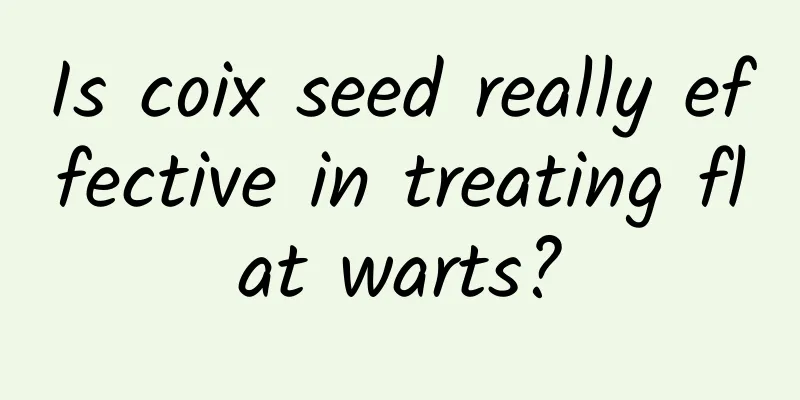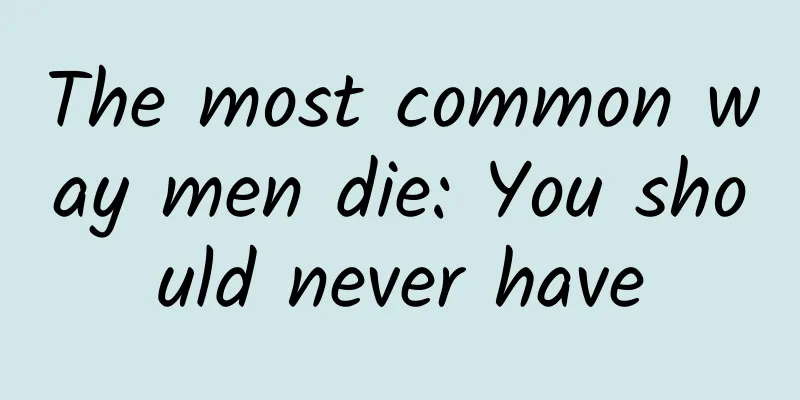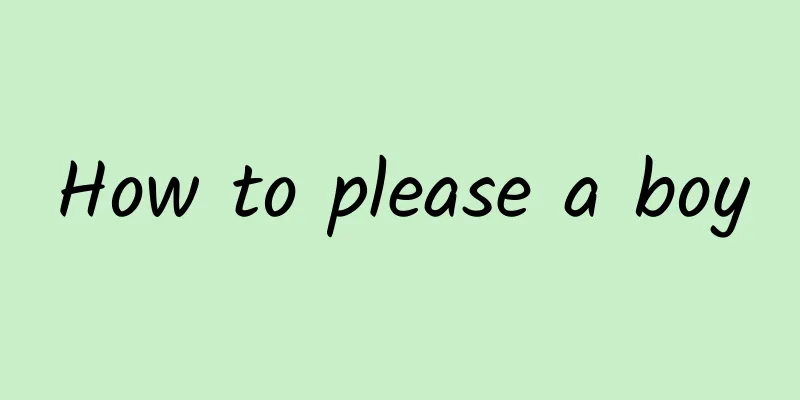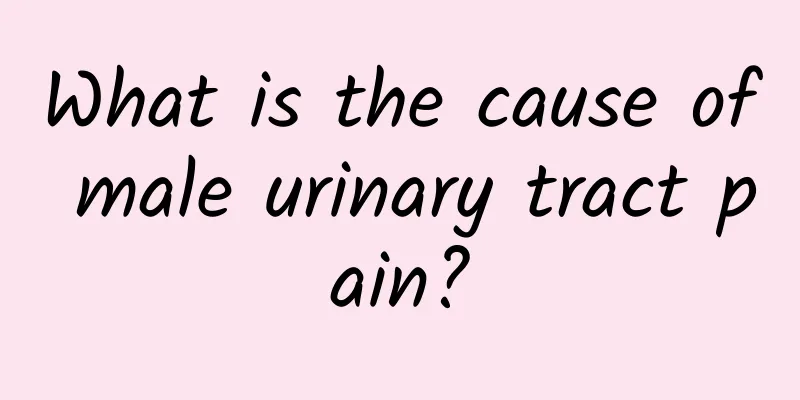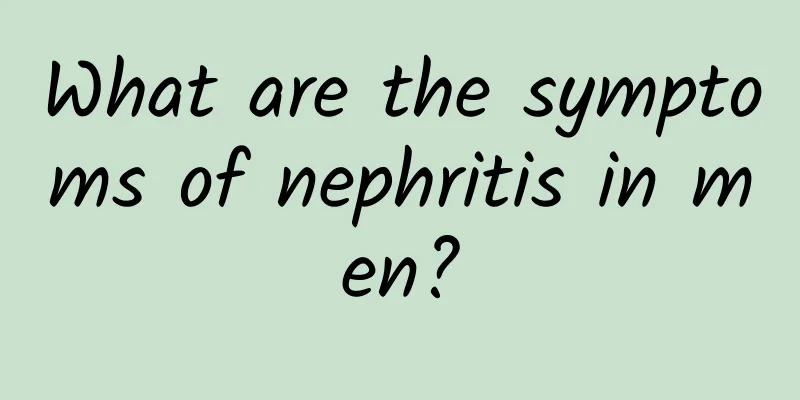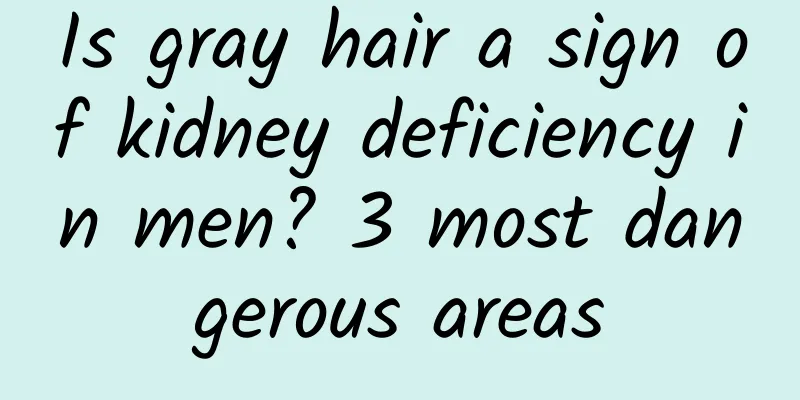What is depression and obsessive-compulsive disorder? How to distinguish between depression and obsessive-compulsive disorder
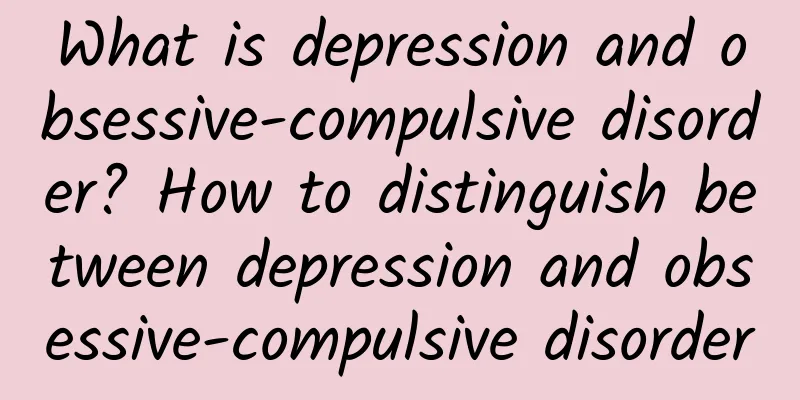
|
Modern society is changing rapidly, and people's lives, work, education, medical care, real estate, etc. have caused many people to have increasing mental stress, and as a result, people have more and more mental problems. Depression and obsessive-compulsive disorder are both mental illnesses. Both cause great harm to people's physical and mental health. What are depression and obsessive-compulsive disorder? What is the difference between depression and obsessive-compulsive disorder? What are depression and obsessive compulsive disorder? Depression is a mood disorder with significant and persistent low mood as the main clinical symptom. It is also called depressive disorder. The low mood of patients with depression can range from melancholy to grief, or even pessimism and world-weariness, resulting in suicidal desire or behavior; even stupor; some patients have obvious anxiety and motor agitation; severe cases may experience psychotic symptoms such as hallucinations and delusions. Obsessive-compulsive disorder is a type of anxiety disorder with compulsive thinking and compulsive behavior as the main clinical manifestations. The patient's thoughts and behaviors come from the patient's heart, but are not controlled by the patient. These thoughts and behaviors may even go against the patient's true wishes, making the patient feel extremely painful. The difference between obsessive-compulsive disorder and depression Both depression and obsessive-compulsive disorder have a great impact on people's survival, life and health, but the two are also very different. Below, let's understand the difference between obsessive-compulsive disorder and depression. Obsessive-compulsive disorder is a neurosis characterized by recurring, meaningless, and irrational thoughts or behaviors. Although patients try to control them, they are always unable to get rid of them. The clinical manifestations are mainly obsessive-compulsive symptoms, including compulsive ideas, compulsive emotions, compulsive intentions, and compulsive behaviors. Depression is a psychological disorder caused by dysfunction of the neurotransmitter system, characterized by low mood, lack of interest, fatigue, and lack of motivation, often accompanied by symptoms such as tension, insomnia, and general discomfort. Obsessive-compulsive disorder and depression differ not only in their symptoms, but studies have found that people with obsessive-compulsive disorder are more harm-avoidant than those with depression, and their self-directedness and teamwork are significantly lower than those with depression. From this, we can see that there is a big and obvious difference between obsessive-compulsive disorder and depression. Distinguishing the two is crucial to the treatment of the disease. Finally, I wish everyone can get rid of the disease troubles and regain health as soon as possible! |
<<: How to distinguish unipolar depression from bipolar depression
>>: The taboos of barley and red bean porridge: see if you are eating it wrong
Recommend
How do men practice yoga?
As people in modern society pay more and more att...
What department does circumcision surgery belong to?
Phimosis is a common problem for most men. After ...
Can men take collagen?
Regardless of whether you are a man or a woman, a...
Can I eat honey if I have high blood sugar? What are the dietary taboos?
Honey is a common nutritional supplement, but for...
How to remove true wrinkles, the secret of true and false wrinkles
As we age, the homeoprotein in our skin starts to...
Four kinds of kidney-tonifying vegetables, but many people don’t know about them
Introduction: Kidney nourishment is something tha...
What is the cause of lip swelling on foreskin?
Many men find that their foreskin and lipstick ar...
Phimosis Adhesion Separation Surgery Pictures
How long does it take for phimosis to heal after ...
The reason why there are millet-sized bumps on the glans
When it comes to illness, we must first be optimi...
Simple ways for boys to become white
Most boys don't like to take care of their sk...
What is the disease of redness, swelling and itching of the glans penis?
Balanitis usually presents with symptoms such as ...
Vulvar vascular bulge
The penis of men is the most vulnerable part of t...
Pictures of small blisters on the penis epidermis
Small blisters on a man's foreskin may be cau...
Is phimosis harmful?
Whether phimosis is harmful is not only a problem...
What are the dangers of mild premature ejaculation?
Although life is better, many men do not pay spec...
